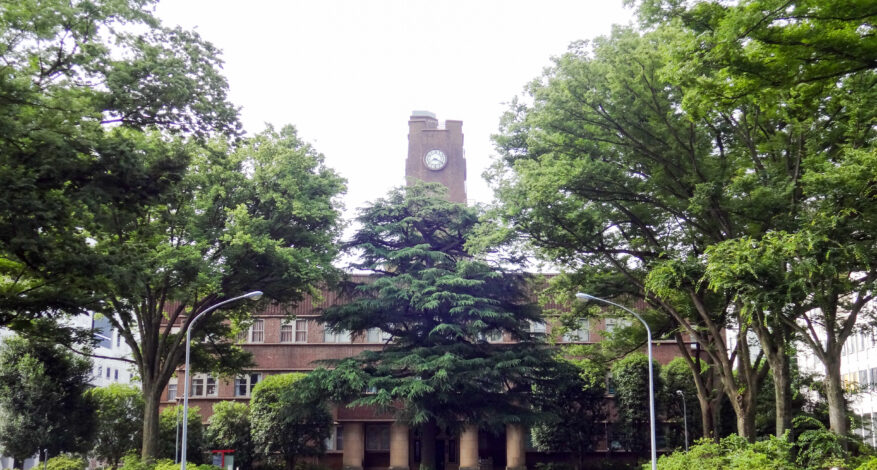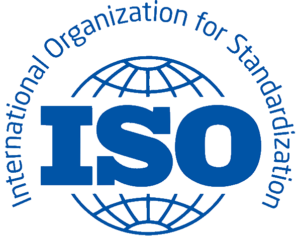ISO, responsible mining, and multi-stakeholder engagement
As the ISO takes on important work on responsible mining, IRMA restates the importance of inclusive and meaningful multi-stakeholder engagement
On 15-16 February 2024 in Tokyo, Japan, IRMA participated in the first working session of the ISO IWA 45, an international working agreement on “sustainable critical mineral supply chains.” This project is led by Standards Australia (Australia’s national standardization body) under the auspices of the International Organization for Standardization (ISO) and is tasked to “understand the range of sustainability tools/guides/frameworks available which will assist in improving an organization’s sustainability outcomes.” ISO is a quasi-governmental organization dedicated to standard development, headquartered in Switzerland and composed of the national standards bodies of its member countries.
This workshop was an in-person-only event which, while providing constructive opportunity for people to connect directly, dramatically reduced the number and diversity of stakeholders affected by mining and mineral value chains to participate. There were about 45 participants, with a majority from industry (mining and mineral processing) and consultants to the private sector, followed by government delegations (including national standardization bodies and state agencies or research institutions). The most represented countries were the United States, Canada, China, and Japan.
Articulating the perspectives of our members from six houses—affected communities, downstream purchasers, investment and finance, mining industry, NGOs, and organized labor—IRMA worked actively in the session to integrate the perspectives of civil society and organized labor, as those groups were not in attendance. We are concerned about how their absence might leave a significant gap in this process and encourage the event organizers to increase this outreach.
The working session opened with a summary of the results obtained from a preliminary survey circulated by Standards Australia in January 2024. Of the 115 full responses received, two-thirds came from the mining and mineral processing industry, 7% from NGOs, and 7% from academia. Most of the responses originated from China and Canada (over 10%), followed by the U.S., the United Kingdom, Australia, Japan, Germany, South Africa, and Sweden; other countries were all under 3%.
Given the survey feedback was foremost from industry, the main insights shared by the workshop organizer reflected the positions of industry representatives who engaged in the survey, including the “proliferation,” “overlap,” and “inefficiency” of sustainability standards, the “confusion” they would create, and the “burden” created by assurance mechanisms that would be “significant, costly, and time-consuming”.
It is worth noting that IRMA has never heard civil society or mine workers complain that “assurance processes are too expensive,” but rather that they see need for increased investment in transparent sharing of information on performance and for improved practices. We hope that Standards Australia will be able to soon provide a breakdown of the responses by stakeholder groups and increase outreach to civil society, Indigenous rights holders, and labor leaders.
IRMA emphasized throughout the workshop the importance of inclusive and meaningful multi-stakeholder engagement for ISO to ensure robustness and credibility in its processes and its efforts to standardize responsible business practice. A number of other participants similarly asked for more proactive and targeted outreach to all stakeholder groups. The issue of inclusive and meaningful multi-stakeholder engagement was then selected by the organizer as the final topic for plenary discussion.
As currently designed, IWA and ISO processes, including IWA 45, are not inclusive for affected communities, NGOs, and organized labor, and do not allow for meaningful multi-stakeholder engagement. We ask that this fundamental gap be identified as the top priority in the final report that will be produced by Standards Australia this year, including as a key recommendation to inform the other ongoing ISO committees and workstreams on responsible mining and sustainable mineral value chains.
Photo credit: Dick Thomas Johnson CCBY2.0


